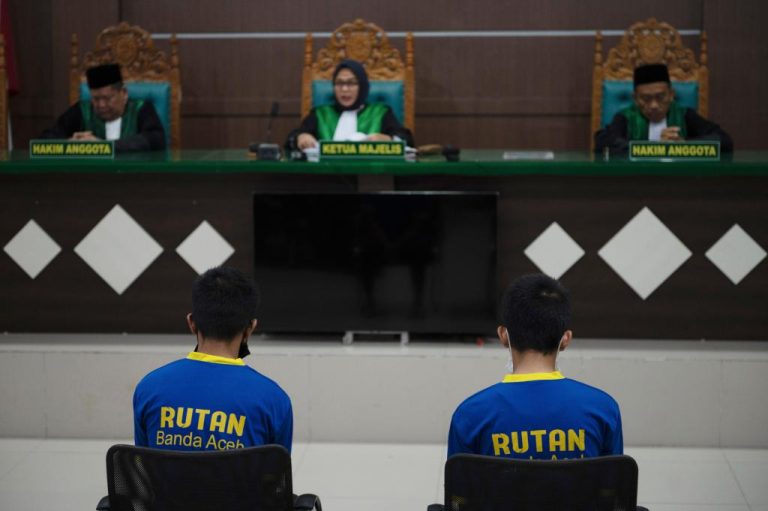
A few doors down from Vice President Kamala Harris’ office, White House staffers learned Tuesday that the popular Silver Strand Half Marathon from Coronado to Imperial Beach had been discontinued because of the sewage crisis.
“When you show them a map, and you show them where the Navy bases are, and you show them where the Tijuana River comes out, and then you show them the bacterial counts, they’re kind of like, ‘Whoa, I had no idea this was going on,’” said Coronado resident Laura Wilkinson Sinton.
“It was one of those moments where we saw that people in other parts of the country are unaware of the sewage issue being as dire as it is,” she added.
The conversation was one of a dozen held in Washington, D.C., during the week of Jan. 30 as part of an effort by a bipartisan, South County delegation of local officials and residents to raise awareness about cross-border pollution.
Imperial Beach Mayor Paloma Aguirre, a Democrat, and John McCann, the Republican mayor of Chula Vista, organized the visit. They were accompanied by Coronado Councilmember John Duncan and Wilkinson Sinton, who leads the Stop the Sewage coalition.
“I think it’s important to be here in person and in bipartisan fashion,” said Aguirre.
The group met with several members of Congress and staffers to make their case for why the federal government should prioritize fixing the sewage crisis that has wreaked havoc on the health and economy of South County communities.
Amid a dynamic time in Washington, D.C., where decisions about budget spending are being negotiated, South County officials stressed the need for $310 million in supplemental funding to fix and expand an international wastewater treatment plant in San Diego that discharges partially treated sewage into the Pacific Ocean.
“It is a complex negotiation, but all office holders, the White House and government agencies we met with believe in resolving this horrendous environmental disaster as soon as possible,” said Duncan.
Aguirre said she stressed the need to expedite and waive the standard environmental review for part of the Tijuana River diversion system, which is expected to significantly reduce beach closures and sewage-linked illnesses. She also asked that the Centers for Disease Control and Prevention conduct an epidemiological study to understand the true, long-term impact polluted waters have had on those who live and work in South County.
Additionally, the group also underscored the need to suspend regulations preventing the Department of State’s International Boundary and Water Commission, which manages the San Diego wastewater plant, from receiving money from non-federal entities.






